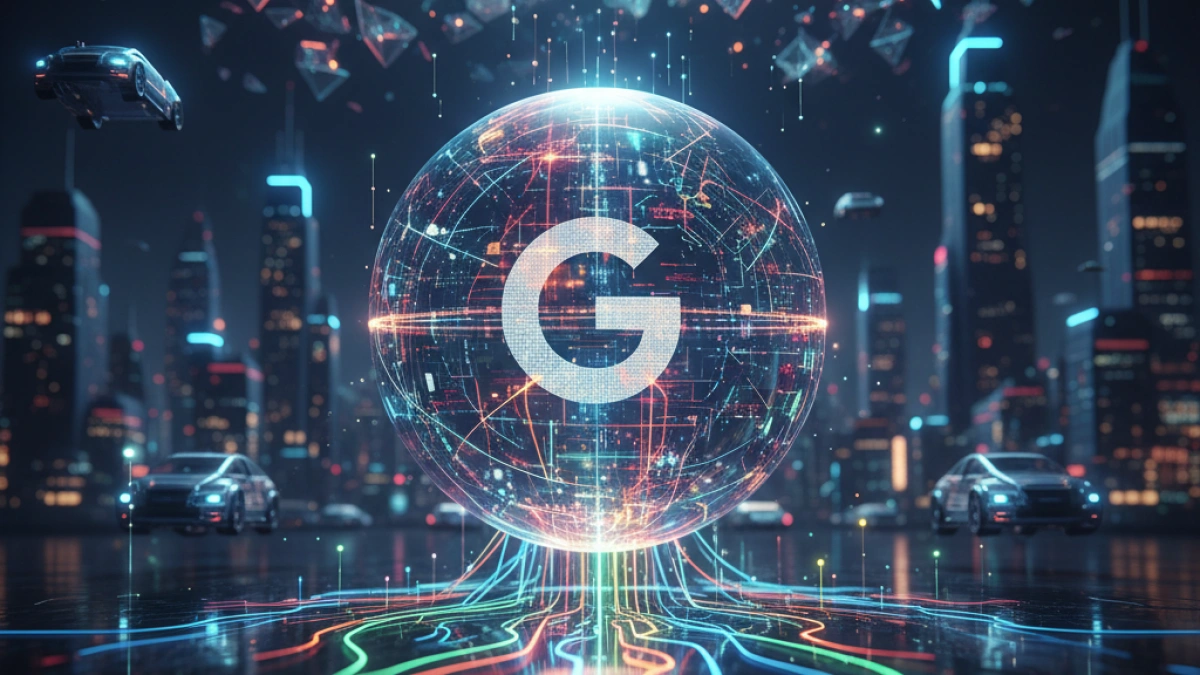Artificial intelligence (AI) has been a hot topic in the tech sphere over the past few years, and Google has positioned itself as one of the key players in this field. The company, known for its constant innovation, has made significant advancements that have shaped AI as we know it today. This article reviews the milestones achieved by Google in the development of artificial intelligence and how its recent efforts could once again transform the technology industry.
Google and AI: A Journey of Innovation
Eight years ago, Google surprised the world with the introduction of a technology that would forever change the landscape of artificial intelligence. With the launch of its machine learning system known as TensorFlow, Google enabled developers and companies around the globe to begin innovating in the realm of AI. This framework became a fundamental tool, not just for Google, but also for thousands of projects across various industries.
Impact of AI on Everyday Applications
Thanks to TensorFlow and other artificial intelligence initiatives, we can now enjoy multiple everyday applications that utilize this technology. From virtual assistants that make our daily tasks easier to recommendation systems that enhance our online shopping experience, AI is at the heart of many current innovations. Google, in particular, has integrated AI into its products like Google Photos, which uses algorithms to efficiently organize and label images.
A New Chapter: Google Titans
Recently, Google has taken a bold step by launching a new project called Titans. This initiative aims to strengthen its leadership in the field of artificial intelligence by presenting even more advanced and efficient models. Titans intends to accelerate the development and implementation of AI in applications ranging from natural language processing to computer vision.
With Titans, Google seeks not only to reaffirm its position in the market but also to create an environment where other developers can collaborate and build upon its technology. The company hopes this new evolution in AI will not only benefit large corporations but also provide opportunities for startups and community projects.
The Future of AI
Google's investment and commitment to artificial intelligence are not just a matter of competitiveness; they also represent a long-term vision for a more interconnected and efficient world. The company is focused on addressing challenges such as sustainability and health, seeking ways in which AI can contribute to innovative solutions in these critical fields.
In this context, it is crucial to understand that the revolution of artificial intelligence is just beginning. The continued evolution of technologies like Titans promises to further expand the boundaries of what we can achieve with AI, making our interaction with technology smoother and more effective.
Conclusion
Google's trajectory in the development of artificial intelligence is a clear reflection of how technological innovations can transform our daily lives and the future of industries. As we move forward, it is essential to keep a close eye on these evolutions and understand their impact on the world around us.
If you want to stay informed about more news in the field of technology and artificial intelligence, I invite you to explore more content on my blog. Your next read awaits!




















